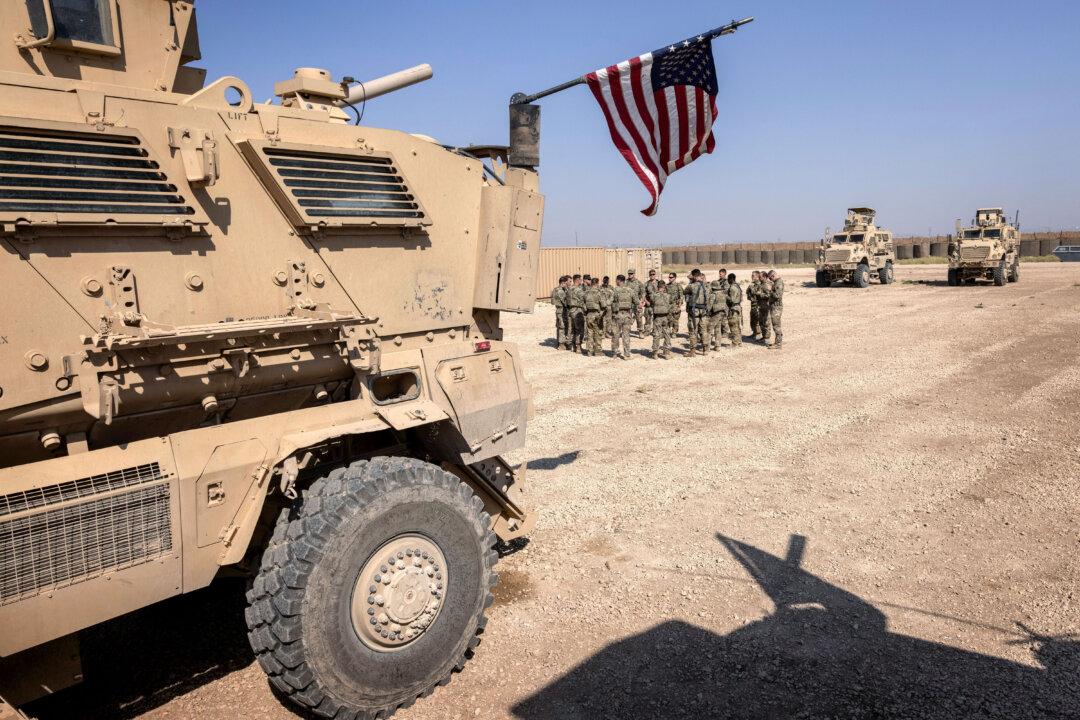Syria’s incoming leadership will decide the fate of Russia’s substantial military presence in the country, a prominent Syrian politician has told Russian state news agency TASS.
“The issue of [Russian] military bases is a sovereign decision of the Syrian state,” the news agency quoted Mohammed Alloush as saying on Dec. 11.





